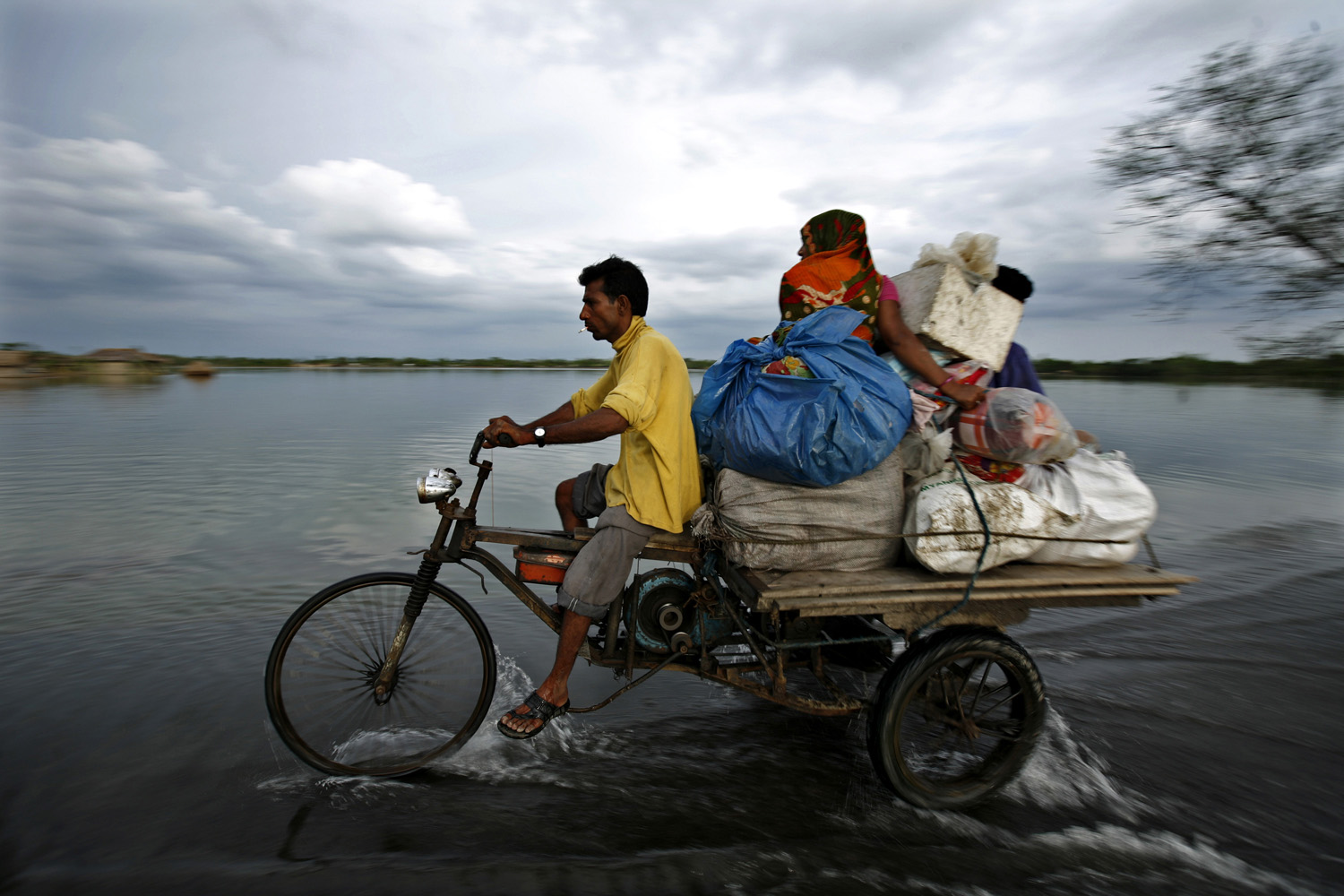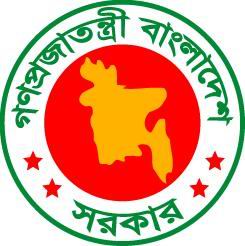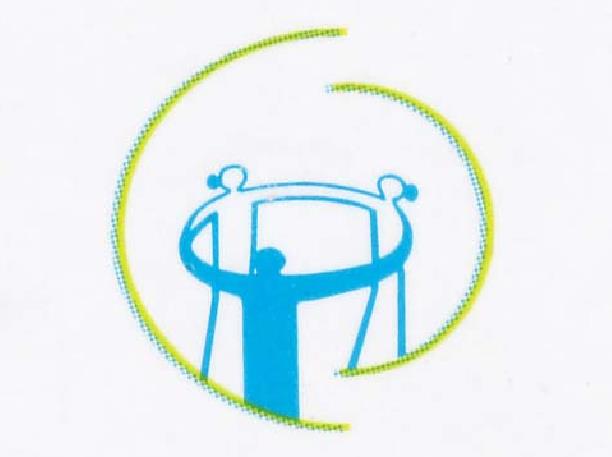National Capacity Development for Implementing Rio Conventions in Bangladesh
Project Overview
Bangladesh is striving to translate its policy of environmentally sustainable development into on-the-ground level actions. This UNDP supported project furthers this objective by improving the performances of local and national institutions to develop an integrated national environmental framework in the three focal areas of – biodiversity, land degradation and climate change.
Project Details
Key Results and Outputs
The outcomes of this project are
Outcome 1: Global environmental conventions mainstreamed into vocation training and re-training structures for public institutions in Bangladesh. A consortium of the leading national training institutes in the public sector will be enlisted (Outcome1.1) to provide training curricula for training of trainers (TOT) (Outcome 1.2). In addition, the capacity of key staff throughout public institutions will be enhanced through training on various topics (Outcome 1.3)
Outcome 2: Global environmental conventions mainstreamed into human resources development systems for sustainable development practitioners. Training materials related to implementing the Rio Conventions will be developed and disseminated (Outcome 2.1). There will be training related to reporting to the global conventions such as CDM, CBA and REDD (Outcome 2.2).
Outcome 3: Improved multi-sectoral environmental policies and programmes and associated governance structures through generation of new knowledge by monitoring results from local initiatives (Outcome 3.1); improved capacity of national CSOs to monitor natural resources management through collection of empirical data and its use in forming policy brief, advocacy documents, and lobbying tools (Outcome 3.2). Formalised guidance addressing policy preparation and management approaches covering key issues such as coastal area developments, community based NRM, participatory decision making and implementation, etc. (Outcome 3.3)





